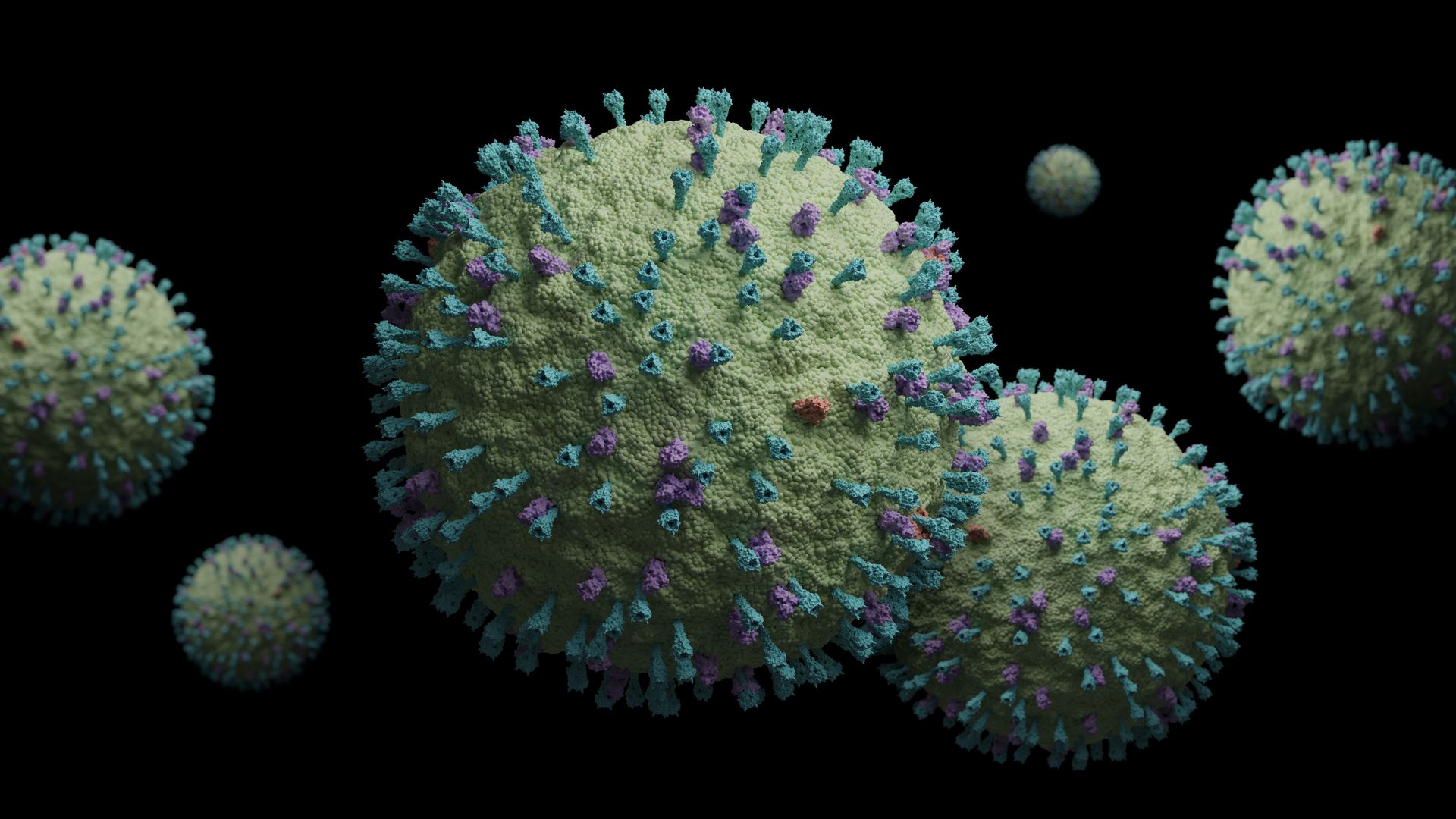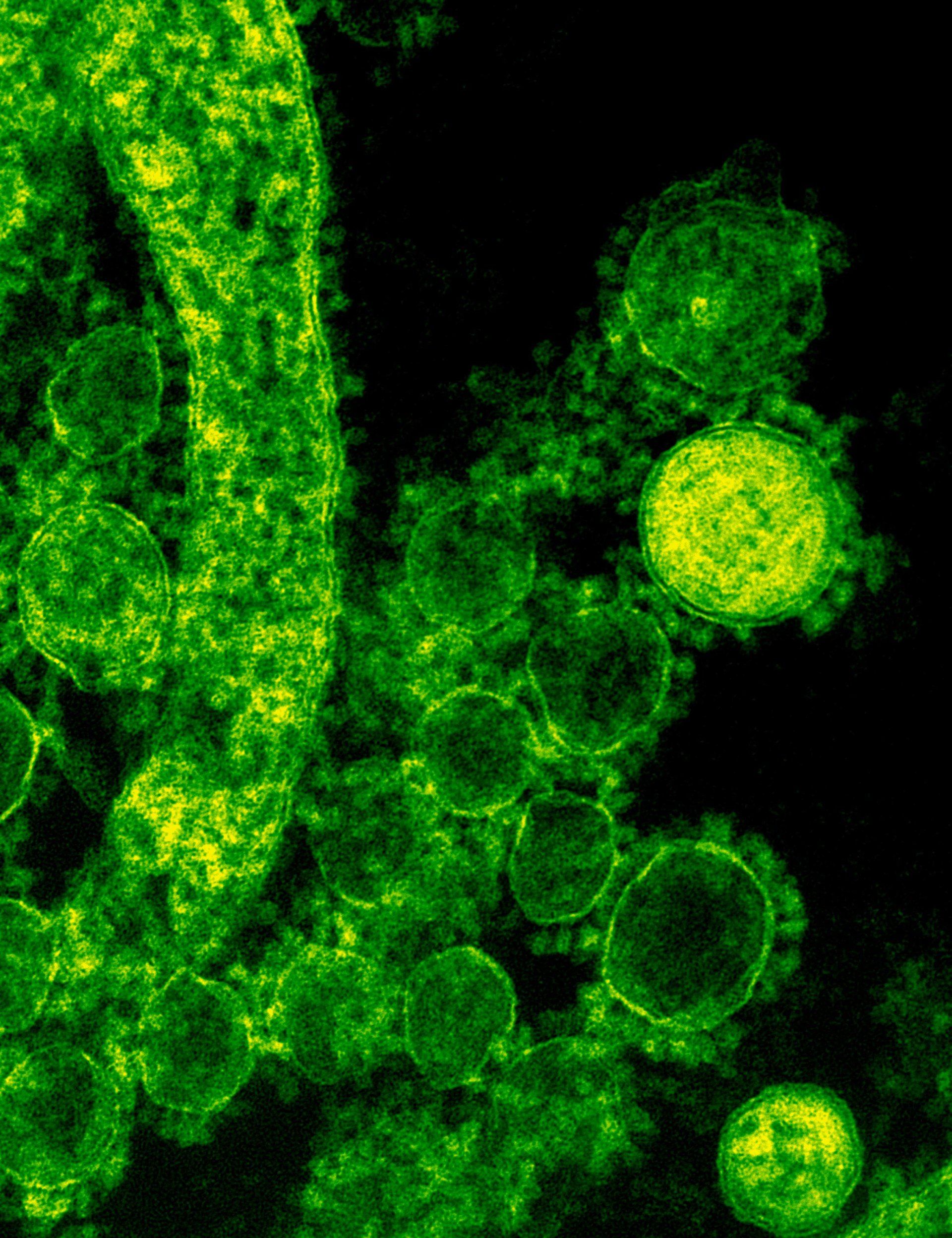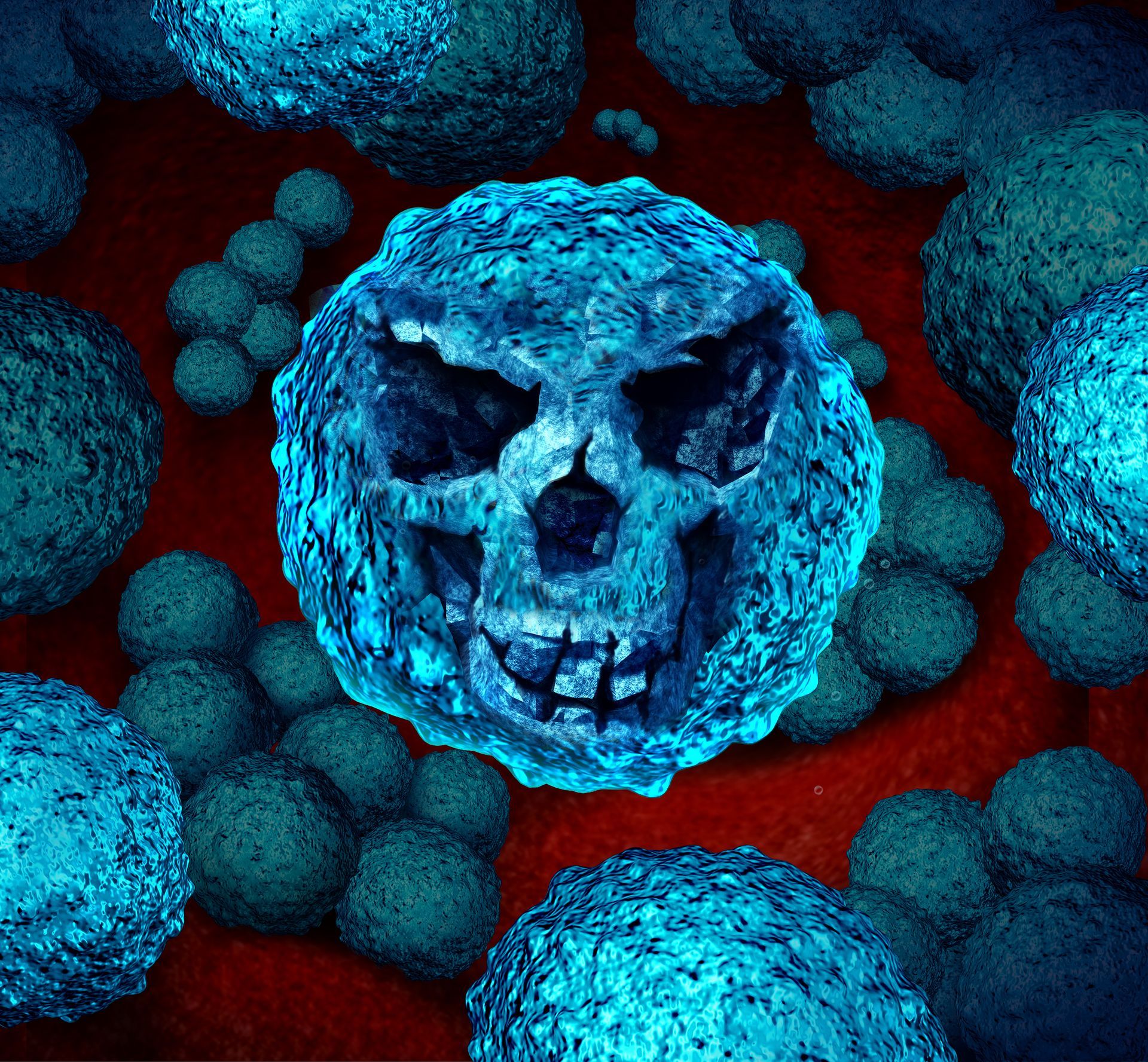
UK: +44 1379 658 721
Ireland: +353 89 221 3723
USA: +1 754 252 3536
Middle East - N. Africa: + 971 52 873 4738
Australia: +61 3 9310 5259
How air quality matters more than ever in a covid future
At this stage in the covid game there's absolutely no chance the virus is going away. Scientists say it has become endemic, a disease that'll circulate the world for the foreseeable future, popping up in its usual form or as variants, forcing lockdowns and vaccination drives for decades if not centuries to come. Even if the virus calms down and becomes as relatively safe as the common cold, which is not very likely, it'll probably take centuries to do so.
So we're stuck with this thing, and that means the impact of the coronavirus is going to be felt for a very long time. One of the biggest impacts is likely to be on humanity's attitude to indoor air quality. In every country, from first world to third world, we've been working in poorly ventilated spaces full of used, dirty air for a very long time. If we're going to navigate the risky covid future we all face safely, indoor air quality will have to change for the better... and fast.
We understood the importance of hygiene before covid
In the 1800s, in the UK, we finally woke up to the fact that unsanitary conditions and water supplies were killing thousands of us every year, rich and poor. The nation's terrible sanitation was a scandal, and it led to cities across the planet creating new, clean sewers and drinking water systems. Now there's an air quality revolution underway. As Lidia Morawska at the Queensland University of Technology in Australia, says, “We should have virus-free air indoors.”
How to tell if the air is clean?
One simple way to know how clean their air is indoors is to display the amount of CO2 in it, which reveals how much of the air has been shared with other people. In Belgium officials have recommended making CO2 readings available in every indoor public space. They've already ordered hotels, restaurants, bars and gyms to get going.
Scientists ask the WHO to update its air quality standards
As a direct result of the virus, more than 40 scientists have petitioned the WHO to improve indoor air quality standards and take airborne pathogens like covid into account. While current indoor ventilation standards major on things like temperature, humidity, CO2 and smells, they need upgrading to include better airflow, air filtration and air disinfection.
New York City schools act fast on ventilation
New York City is already steaming ahead with new rules for schools. Classrooms, for example, must have at least two working ways to ventilate spaces, and the schools’ ventilation status is published online.
Air quality sensors to warn us when covid is in the air
There are several teams of scientists working hard to create sensors that can warn us when the virus is detected in the air or in dust. Some bright ideas are for wearable sensors embedded into face masks and clothes.
UVC light kills airborne covid in no time
UV light is being widely investigated as a simple, fast way to disinfect against covid. It messes with the virus's DNA and RNA so it can't replicate and dies. The results of a vast number of experiments going on around the world reveal how UVC light, at certain wavelengths, renders the virus totally harmless. That's what our machines do, complete with lots of essential safety features, super-simple settings, and modern LED bulbs designed to save energy. And our tech is very good value for money, too.
If you want to start cleaning the air at your premises now, and also disinfect every surface the light touches in the exact same way that hospitals and other healthcare settings have been doing for decades, it's time to invest in our UVC disinfection technology. Why wait?








